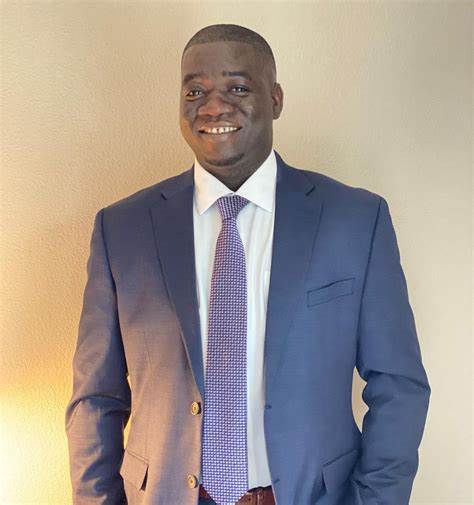
There is an unbreakable pact at the heart of tabloid journalism: publish with courage, defend with evidence, and, when you falter, shoulder the burden without hesitation. It is a standard that has defined the noble craft of journalism for centuries, separating it from the froth of pamphleteers’ gossip and the chaos of social media.
To this day, the legacy of the Fourth Estate is built upon the principles of accountability and independence. To publish recklessly and then beg the public for financial support not only undermines this legacy but makes a mockery of the press’s sacred responsibility to its
Consider The Alkamba Times, now embroiled in a defamation lawsuit filed by Minister Rohey John Manjang. The paper’s story alleged that D150,000, purportedly from the sale of a mahogany tree, was deposited into the minister’s personal account—a claim as provocative as it is unsubstantiated.
Instead of defending its reporting in court with facts or issuing a retraction and apology, The Alkamba Times has turned to crowdfunding. Cloaked in the rhetoric of protecting press freedom, this plea for public donations is nothing more than a desperate attempt to evade accountability. It is not journalism; it is panhandling disguised as principle.
The late Pa Nderry Mbai of Freedom Newspaper offers a stark and instructive contrast. A towering figure in Gambian journalism, Pa Nderry faced relentless legal battles from powerful figures determined to silence him. Yet, not once did he pass the hat to the public. He understood that credibility and independence are the twin pillars of journalism, and to beg for funds is to compromise both.

A journalist’s work is his shield, and if that shield is flawed, it is the journalist—not the public—who must bear the weight of its failure. Pa Nderry’s legacy is one of steadfast integrity, a refusal to bend to external pressures while remaining accountable for his own actions. His example is a reminder that true freedom of the press requires self-reliance and an unshakable commitment to truth.
What The Alkamba Times fails to grasp is that freedom of the press is not a shield for irresponsibility. It is a privilege that comes with the obligation to report accurately, fairly, and responsibly. Reckless journalism undermines the very principles it purports to defend, and no amount of crowdfunding can restore the trust that is lost when a paper betrays its readers.
The moment a newspaper asks the public to underwrite its mistakes, it forfeits the very independence it claims to champion. Financial independence is the bedrock of credible journalism; without it, a paper becomes beholden to its donors, compromising its ability to hold power to account.
The British press, for all its audacity and scandal, never stooped to such measures. In 1993, The Sun faced one of its most bruising defeats when it falsely accused Elton John of hiring rent boys. The libel suit cost the paper £500,000—a hefty penalty that could have broken a less robust institution. Yet The Sun, for all its recklessness, bore the cost without turning to its readers for help.
Similarly, The News of the World, brought to its knees by the phone-hacking scandal, faced a torrent of lawsuits and multimillion-pound settlements. When the weight of its crimes proved too much to bear, it closed its doors, maintaining the dignity of bearing its own failures without public subsidy. These were not moments of triumph but of accountability—a reminder that the privilege of a free press comes with the burden of responsibility.
Even further back, in 1907, the Daily Mail under Alfred Harmsworth faced a libel suit for its inflammatory reporting on the Boer War. Harmsworth, the pioneer of modern tabloid journalism, was unapologetic in his pursuit of bold and provocative stories. When the courts ruled against him, the Daily Mail bore the financial blow, knowing that credibility could not be pawned off to the public.
This historical legacy stands in stark contrast to the behaviour of certain Gambian newspapers, where the trend of seeking public donations to escape the consequences of poor reporting has become disturbingly common.
Take the case of The Voice Newspaper, which faced a lawsuit from President Adama Barrow after publishing unverified allegations. Instead of standing by its story or retracting it, the paper launched a crowdfunding campaign, portraying itself as a martyr for press freedom.
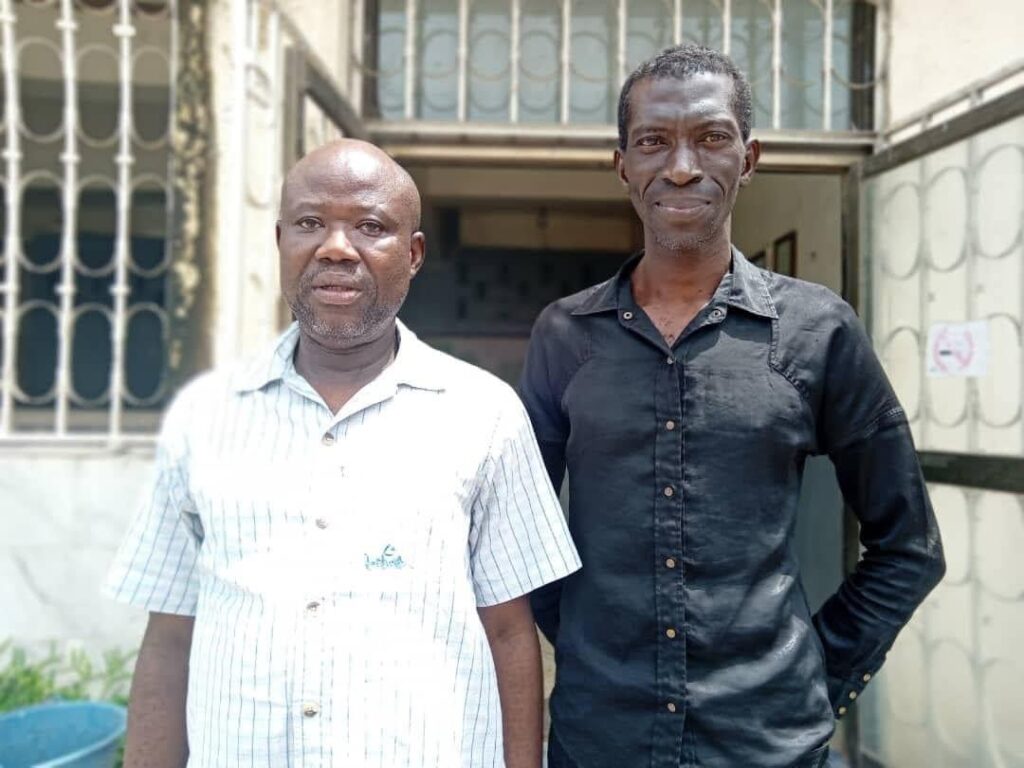
The Gambian public, eager to support an independent press, donated generously. Yet, when the case was quietly settled out of court, The Voice offered no transparency about how the funds were spent or whether donors would be refunded. Such behaviour is not just irresponsible; it is exploitative. It chips away at the fragile trust between the press and the public, turning journalism into a spectacle of evasion rather than a bastion of accountability.
This troubling pattern extends to other cases as well. Kemeseng”Kexx” Sanneh, a journalist with Foroyaa, fabricated a kidnapping story, claiming he was abducted and dumped at a cemetery by unknown individuals. Police investigations, however, revealed that Sanneh had spent the night at home with a marabout as part of a fraudulent ritual.
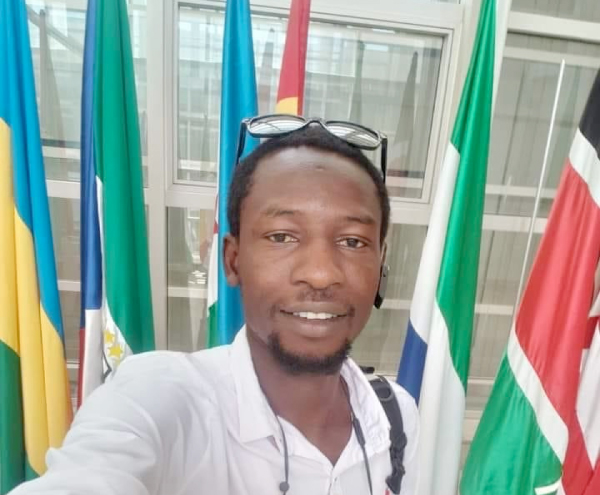
Despite the gravity of this misconduct, neither Foroyaa nor the Gambian Press Union (GPU) held Sanneh accountable. Instead, sympathisers, particularly Gambians in the diaspora, launched a GoFundMe campaign, painting him as a victim of press persecution. This incident, like many others, undermined public trust in the media while shielding unethical behaviour.
Kerr Fatou, another online platform, was embroiled in a defamation case involving former Agriculture Minister the late Omar Amadou Jallow (OJ). The platform published baseless claims accusing Jallow of colluding with a businessman to sell government fertiliser, prompting him to file a lawsuit for reputational damage. Rather than defend its reporting with evidence or issue a retraction, Kerr Fatou framed the legal challenge as an assault on press freedom, soliciting public donations for its defence. The case was eventually settled out of court, but the lack of transparency regarding the funds raised further exposed the platform’s disregard for accountability.
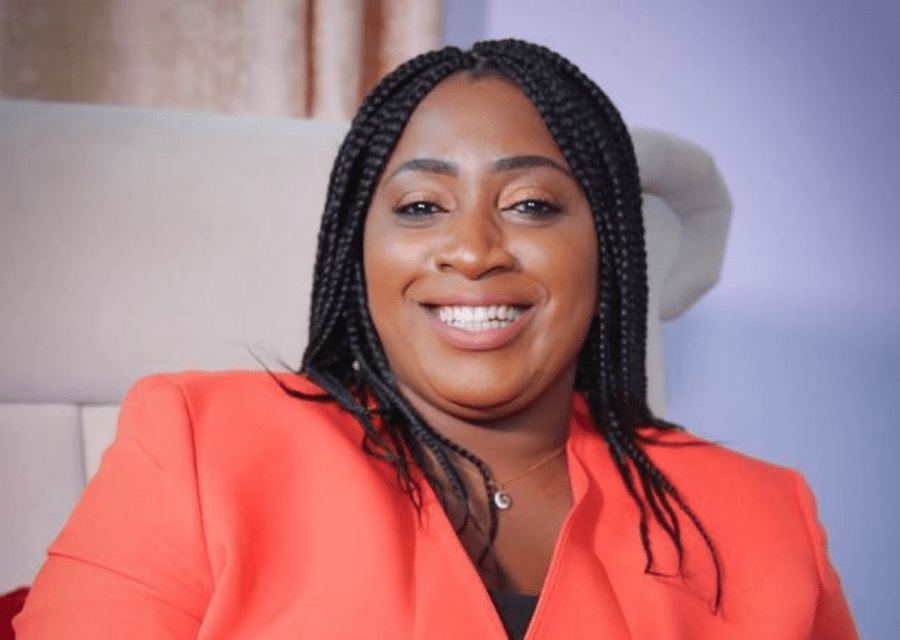
Equally troubling was the conduct of Fatou Touray of Kerr Fatou and Fatoumatta Drammeh of Paradise TV, who breached Gambian law by publishing unauthorised details from the Children’s Court proceedings in the case of Samsudeen Phatey v. Neneh J. Thompson. Despite the legal and ethical violations involved, both individuals pleaded not guilty and garnered widespread support from media sympathisers. These incidents underscore the alarming trend of media personalities masquerading as journalists without adhering to professional standards, further eroding trust in the Gambian press.
The era of weaponised half-truths and sensationalist tactics must end, lest public trust in the media erodes irreparably. Hon. Rohey John Manjang’s case, therefore, is more than a private grievance. It is a clarion call for higher standards and a reminder to journalists that freedom of the press must walk hand in hand with a duty to the truth. A judicial verdict, or even an out-of-court settlement, will not suffice. What is needed is an industry-wide introspection and reform to safeguard the dignity of both journalism and those it purports to hold to account.
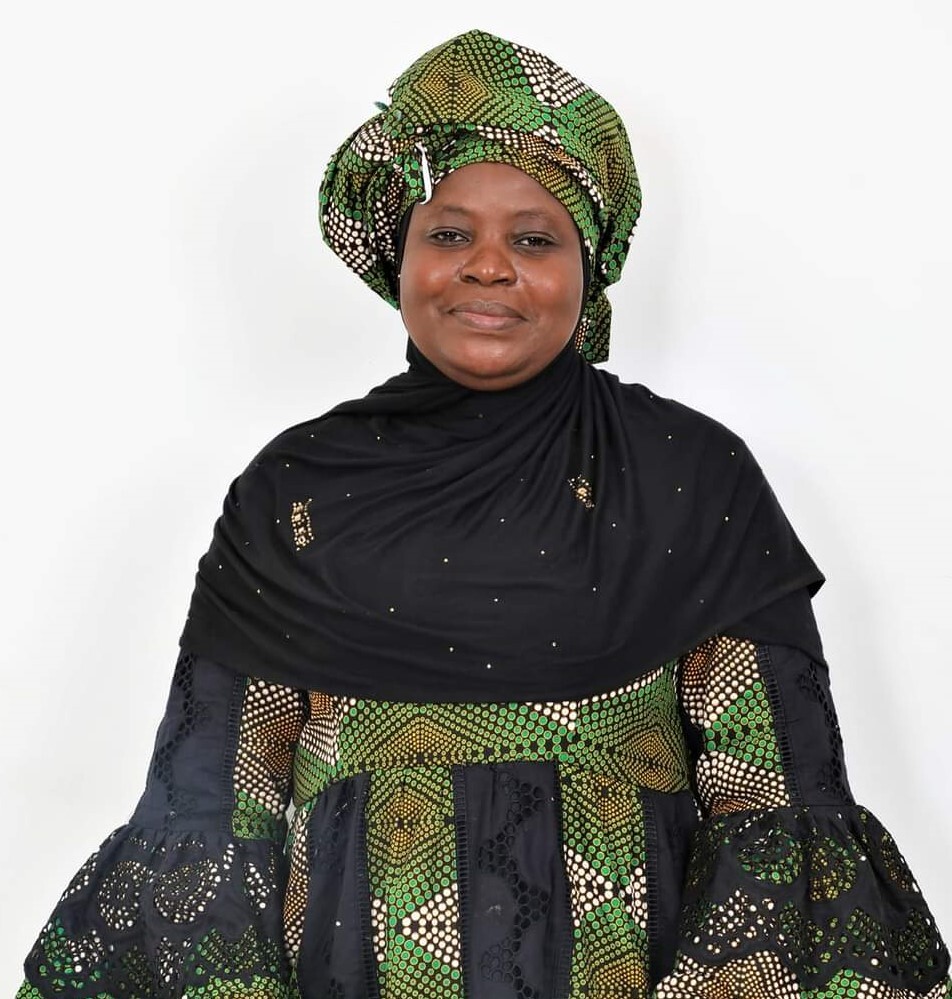
Let the record show: Gambians deserve a press that informs, not misleads—a press that elevates discourse, not degrades it. Hon. Rohey John Manjang deserves commendation for her boldness in defending her reputation against an alleged smear campaign. In a media landscape increasingly defined by sensationalism over substance, her decision to pursue legal redress is not merely a personal matter but a public service.
Reckless journalism has no place in any society, and it is incumbent upon those in positions of power to hold such practices accountable—not out of vengeance, but to preserve the sanctity of truth and professionalism. In a nutshell, Hon. Rohey John Manjang’s steadfast stand is not only courageous but essential for setting a precedent that reckless reporting shall no longer go unchallenged.
Final Thoughts
In the storied history of journalism, legal battles have always been part of the terrain. The boldness to publish comes with the responsibility to defend, and the best newspapers have weathered these legal storms with resilience, taking accountability for their actions. From Fleet Street to New York’s pressrooms, editors have fought tooth and nail over libellous or defamatory stories, armed with evidence or the humility to admit their mistakes when they erred. Yet, in The Gambia, newspapers have a knack for publishing slanderous stories, and when sued in court, editors arrive not with confidence or evidence but with empty pockets and appeals for public sympathy.
Such conduct falls far short of the standards of a noble profession. It is the behaviour of opportunists who misuse the power of the press for quick sensationalism. When Gambian newspapers fail in their duty to exercise caution and integrity, they compromise not only their credibility but also the trust placed in them by their readers.
This trust is the backbone of a functioning press, and its erosion signals a dangerous precedent for democracy.
Legal challenges are not an aberration but a necessary check, ensuring the media remains both free and responsible. A media house that cannot distinguish between these concepts is one that has already lost its way.
As such, The Gambian public deserves better. It deserves a press that is fearless but fair, audacious but accountable. It deserves newspapers that will fight their own battles, not outsource them to the people they claim to serve. Journalism is not charity, and the public should not be expected to subsidise recklessness under the guise of press freedom.
If The Alkamba Times wishes to be taken seriously, it must first take itself seriously—by standing by its stories when they are right and owning up to its errors when they are wrong. Anything less is a betrayal of the profession and a disservice to the public.
The path forward is as clear as the midday sun. Gambian journalism must return to the basics of its craft: report responsibly, stand by your work, and fight your battles with integrity. Begging for donations to fund legal challenges born of recklessness is not the solution; it is a symptom of a deeper malaise.
Until Gambian newspapers learn to take responsibility for their actions, they will continue to lose the trust of the public they claim to serve. The time has come for The Alkamba Times—and indeed all Gambian media—to stop hiding behind the rhetoric of press freedom and start embodying the principles that make freedom of the press worth defending. Let them begin by fighting their own battles—not with the public’s money, but with their own courage and integrity. Only then can they hope to reclaim the respect and trust they have so recklessly squandered.
By Arfang Madi Sillah, Washington DC
Disclaimer:
The views expressed in this article are entirely those of the author and do not necessarily reflect the official policy or position of any affiliated institutions or organizations. The author takes full responsibility for the opinions and analysis presented herein. The author holds several academic degrees, including an undergraduate degree in English literature and literary theory.










Recent Comments